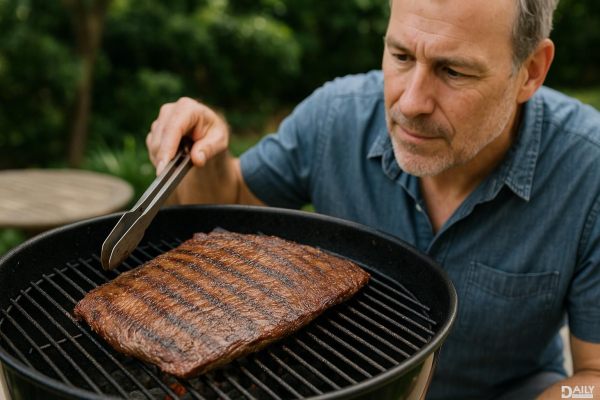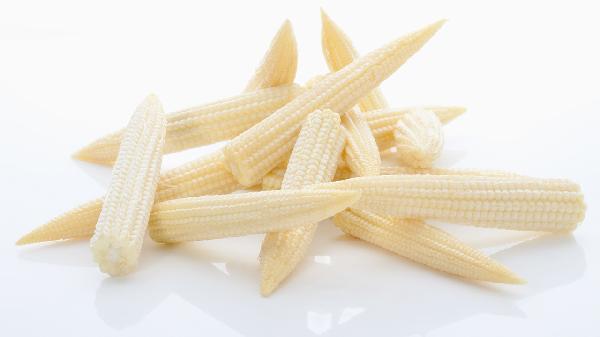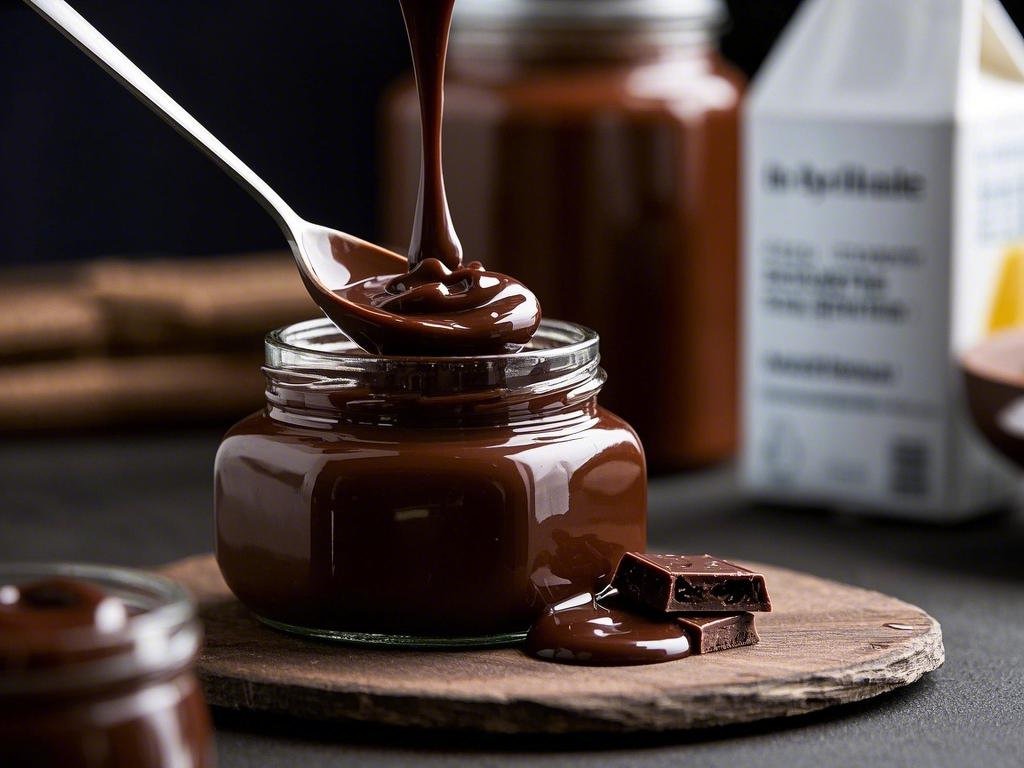Electrolytes might sound like something straight out of a science lab, but they’re actually minerals that play a massive role in keeping your body running smoothly. Think of them as the tiny powerhouses that help your nerves fire, your muscles contract, and your fluids stay balanced. Without them, you’d be a hot mess—literally. So, if you’ve ever wondered why your energy drink boasts about electrolytes or why your gym buddy swears by coconut water after a workout, here’s the lowdown on what they really do and why they matter.
Why Electrolytes Are Your Body’s Unsung Heroes
Electrolytes are minerals that carry an electric charge—either positive or negative—and they’re essential for just about every function in your body. According to Beth Warren, RD, founder of Nourished By Beth, they’re crucial for nerve signaling and muscle contractions. Imagine your nerves as electrical wires and electrolytes as the current that keeps the signals flowing. Without them, your brain wouldn’t be able to tell your legs to move, your heart wouldn’t beat properly, and even basic functions like digestion would go haywire. Your body is about 60 percent water, and since electrolytes dissolve in water, they’re present in nearly every cell. The main electrolytes include sodium, potassium, calcium, magnesium, chloride, phosphate, and bicarbonate. Each one has a specific job: sodium and potassium help regulate fluid balance and nerve function, calcium keeps bones strong and muscles moving, magnesium supports muscle relaxation and energy production, and chloride helps maintain proper blood pressure. But here’s the kicker—your body doesn’t store electrolytes long-term. You lose them through sweat, urine, and even breathing, which means you need to replenish them regularly. That’s why dehydration can hit hard if you’re not getting enough electrolytes, especially after intense exercise or in hot weather.
Where to Find Electrolytes in Food (Hint: It’s Not Just Gatorade)
While sports drinks love to flaunt their electrolyte content, the truth is, you can get these minerals from plenty of whole foods. Jessica Cording, MS, RD, author of "The Little Book of Game-Changers," explains that fruits, vegetables, nuts, and seeds are packed with natural electrolytes. For potassium, bananas and sweet potatoes are classic go-tos, but leafy greens, avocados, and beans are also loaded with it. Magnesium is abundant in almonds, spinach, and dark chocolate (yes, chocolate counts). Calcium isn’t just in dairy—kale, broccoli, and fortified plant milks are great sources. And sodium? Well, most people get plenty from table salt, but natural sources like celery, beets, and even seaweed can help balance your intake. The beauty of getting electrolytes from food is that you also score fiber, antioxidants, and other nutrients that sports drinks just can’t match. That said, if you’re sweating buckets during a marathon or dealing with a stomach bug, an electrolyte drink can help you recover faster—just check the label for added sugars.
What Happens When You’re Running Low on Electrolytes?
Ever felt like your muscles are cramping for no reason, or like your brain is stuck in slow motion? You might be low on electrolytes. When your levels dip, your body sends out some pretty clear distress signals. Muscle twitches, fatigue, dizziness, and even headaches can all point to an imbalance. In more severe cases, low sodium (hyponatremia) can cause confusion or seizures, while low potassium (hypokalemia) might lead to irregular heartbeats. And if you’ve ever had a charley horse in the middle of the night, you can probably blame low magnesium or calcium. The tricky part is that dehydration and electrolyte imbalances often go hand in hand. If you’re guzzling water but still feel off, you might need more than just H2O—you need the minerals that help your body actually use that water effectively.
Do You Really Need Electrolyte Supplements?
Unless you’re an endurance athlete, work in extreme heat, or have a medical condition that affects electrolyte balance, you probably don’t need to chug electrolyte drinks daily. Most people get enough from food, especially if they eat a varied diet. That said, there are times when supplementation makes sense. If you’re recovering from intense exercise, dealing with dehydration from illness, or just feeling wiped out after a day in the sun, an electrolyte boost can help. Coconut water, homemade electrolyte drinks (think water with a pinch of salt and a splash of citrus), or even a salty snack can do the trick without the artificial additives. The bottom line? Electrolytes are essential, but they’re not something to stress over unless you’re noticing symptoms of imbalance. Eat a balanced diet, stay hydrated, and listen to your body—it’s usually pretty good at telling you what it needs.
So next time you hear someone raving about electrolytes, you’ll know exactly why they matter—and how to keep yours in check without falling for marketing hype. Whether it’s through a post-workout smoothie or a handful of nuts, keeping your electrolyte levels balanced is one of the easiest ways to support your overall health and energy.
























